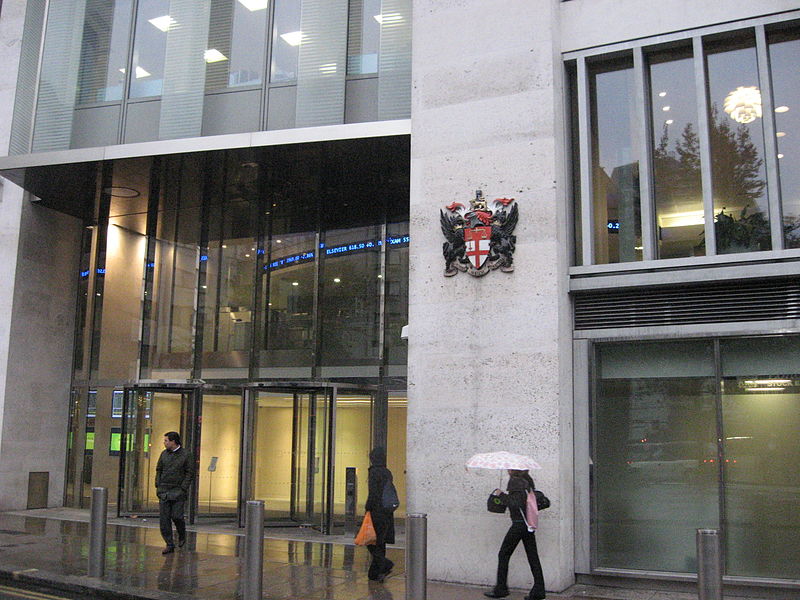
Britons who own shares or property can be considered "working people" as well, clarified Prime Minister Keir Starmer's office. This clarification follows Starmer's recent comments, which
suggested these individuals might not fall under his definition of "working people" ahead of the upcoming budget next week.
With the government signaling potential tough decisions in the October 30 budget to increase revenue, ministers have sought to reassure the public that any tax increases won't disproportionately affect "working people." This terminology aims to suggest that any tax hikes will primarily target wealthier individuals.
There has been mounting pressure on the government to clarify what qualifies as "working people" to determine who might be impacted by tax changes in the budget. However, neither Starmer nor finance minister Rachel Reeves has provided a specific definition.
At the Commonwealth leaders' summit in Samoa, Starmer responded to a question from Sky News about whether property or share owners qualify as working people. He initially stated, "They wouldn't come within my definition," elaborating that his understanding of "working people" includes those who "work hard, maybe save a bit, but don’t have the financial means to write a cheque to solve difficulties."
Following this, Starmer's spokesperson offered a clarification, explaining that the Prime Minister does not view all shareholders as falling outside the "working people" category. His definition could include those who "have a small amount of savings or shares," she added.
According to investment platform Hargreaves Lansdown, nearly a quarter of Britons have invested in the stock market. Speculation surrounding the Labour government’s first budget has intensified, with reports hinting at a possible rise in the capital gains tax rate on shares and other assets. Photo by Kaihsu Tai, Wikimedia commons.




































